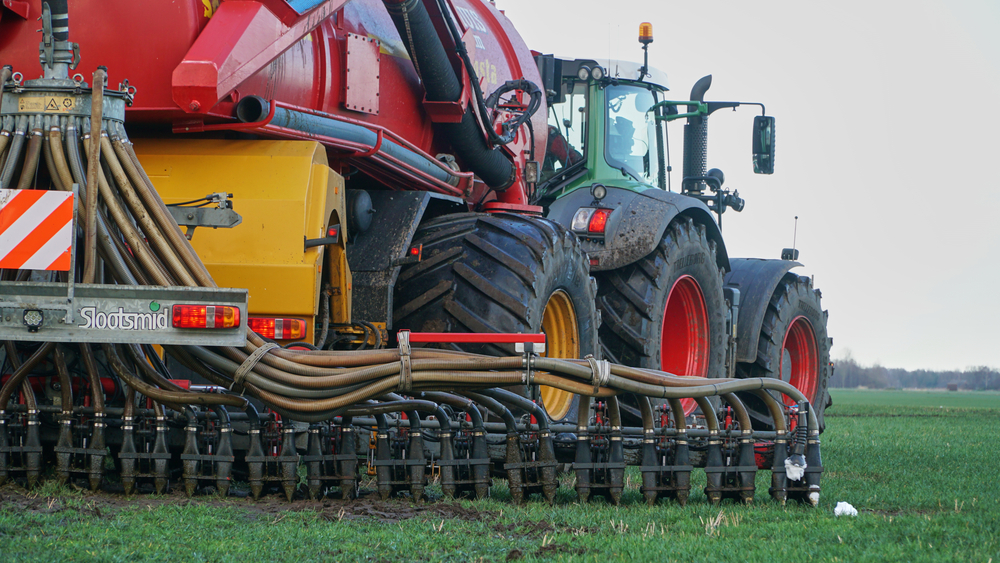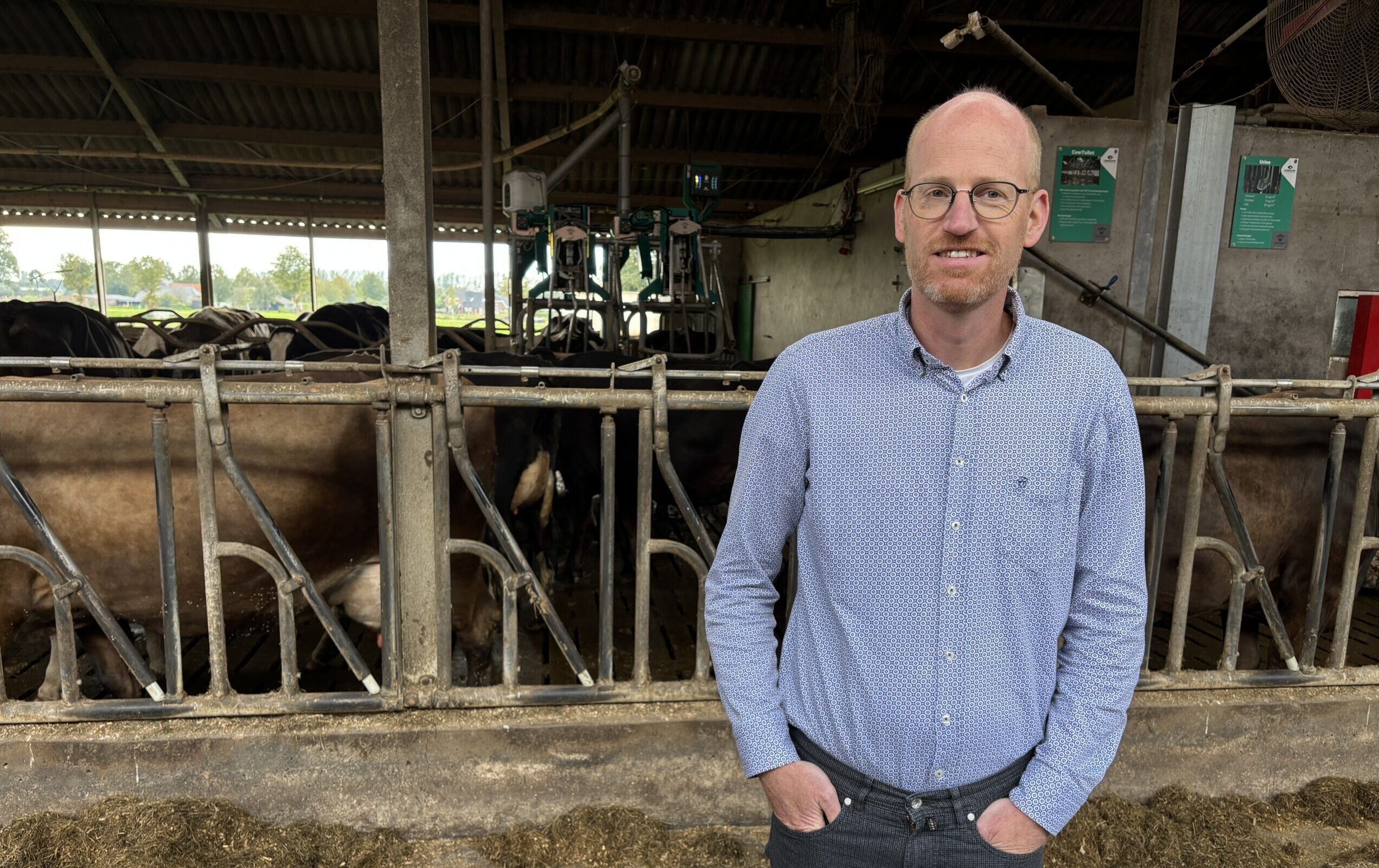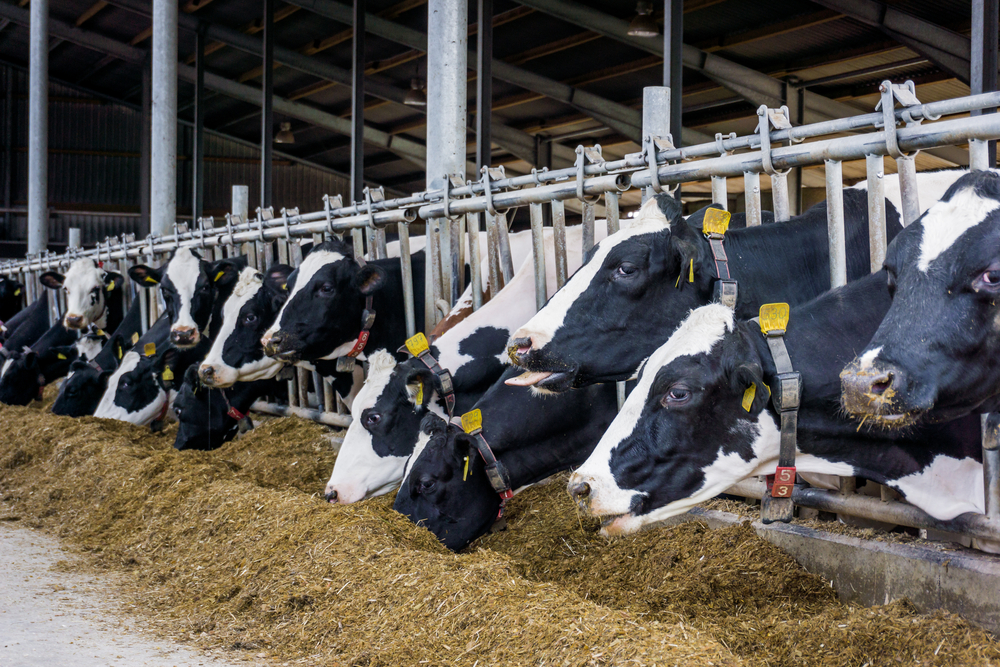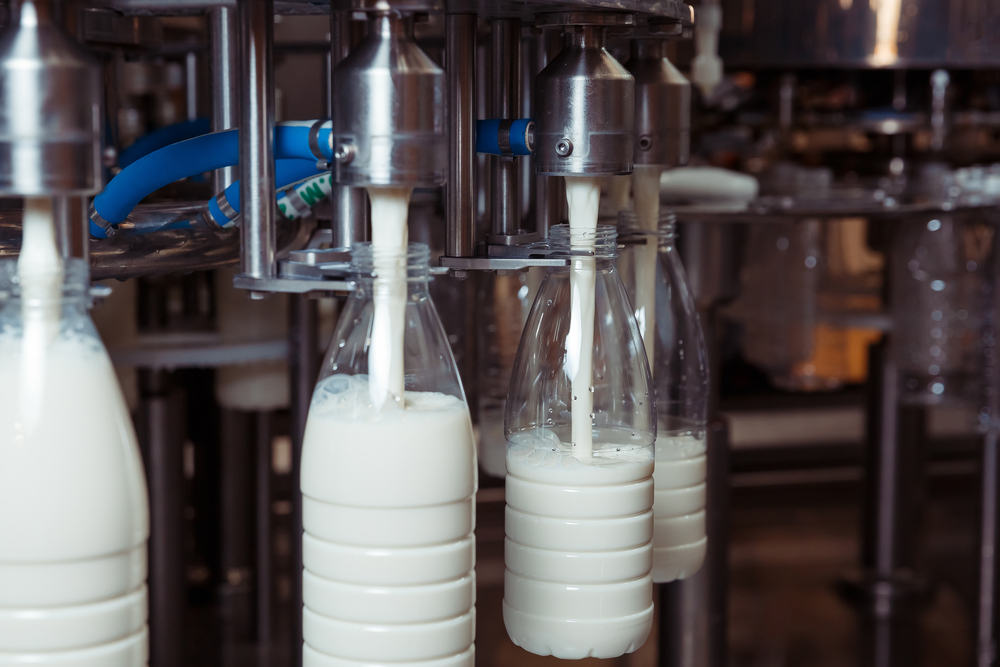The Dutch dairy farming sector will be hit hard by the change in the manure rules. This is shown by an analysis carried out by Wageningen Economic Research (WEcR) of the Manure Market Action Plan published recently by the Ministry of Agriculture. The analysis was commissioned by the Dutch Dairy Association (NZO).
Dairy farmers will have far less scope to spread their manure on their own farm once the derogation ends and new rules on buffer zones and nutrient-polluted areas come into effect. This is driving up the cost of manure removal: prices have basically tripled. That means a loss in revenue of 27,500 to 34,500 euros per year for an average dairy farm, the equivalent of 30 to 40 per cent of the farm income. Farms with a lot of cows per hectare will be hit harder than farms that are less intensive.
If manure prices increase further, a scenario that the WEcR report calls ‘far from unthinkable’, the loss of income will also be greater. While most farms can cope with a setback — dairy farmers have enjoyed historically good results the last two years – there is a category of dairy farms that could go under due to the higher manure removal costs.
Difficult to accept
There is hardly any understanding or support for this, notes the report. ‘Many dairy farmers, especially the farmers who were able to spread all their manure before, find it illogical and hard to accept that they now have to remove their manure but are still allowed to buy in fertilizer – at a time when the policy is to encourage a more circular form of agriculture.’
Generic cut = fewer cows
WEcR also calculated the income effects if Brussels implements the threatened generic cut of phosphate production rights if the Netherlands does not comply with the new, lower ceiling for manure production, expressed in phosphate (P) and nitrogen (N), by 2025. That risk is real, says WEcR. The generic cut means all farmers will face a cut in the number of cows they can keep, and therefore in their income. For an average dairy farm, that means a further loss of income of some 28,000 euros per year if they have to cut their stock by 10 per cent, calculated WEcR. WEcR also looked at whether and how the measures in the Ministry of Agriculture’s manure plan can prevent the generic cut — and concluded that ‘whether they will be effective depends on the details of the implementation.’
Back to Brussels
Finally, WEcR also looked at what politicians call ‘going back to Brussels’, in other words lobbying to get another derogation (meaning more manure can be used after all). The report takes the minister’s starting point that the Netherlands will not get another derogation. While WEcR sees signs of ‘movement regarding the Nitrate Directive … within the European Commission’, the institute notes that a Dutch plan to keep some form of derogation will probably only succeed if it meets two EU conditions: 1) compliance with the obligations on water quality; and 2) making sure there is a reduction in manure production / livestock numbers. So ‘going back to Brussels’ to reverse the situation in short order doesn’t seem a very promising option.

 Changes in the manure laws mean Dutch dairy farmers can spread far less manure on their own farms. Photo Shutterstock
Changes in the manure laws mean Dutch dairy farmers can spread far less manure on their own farms. Photo Shutterstock 

